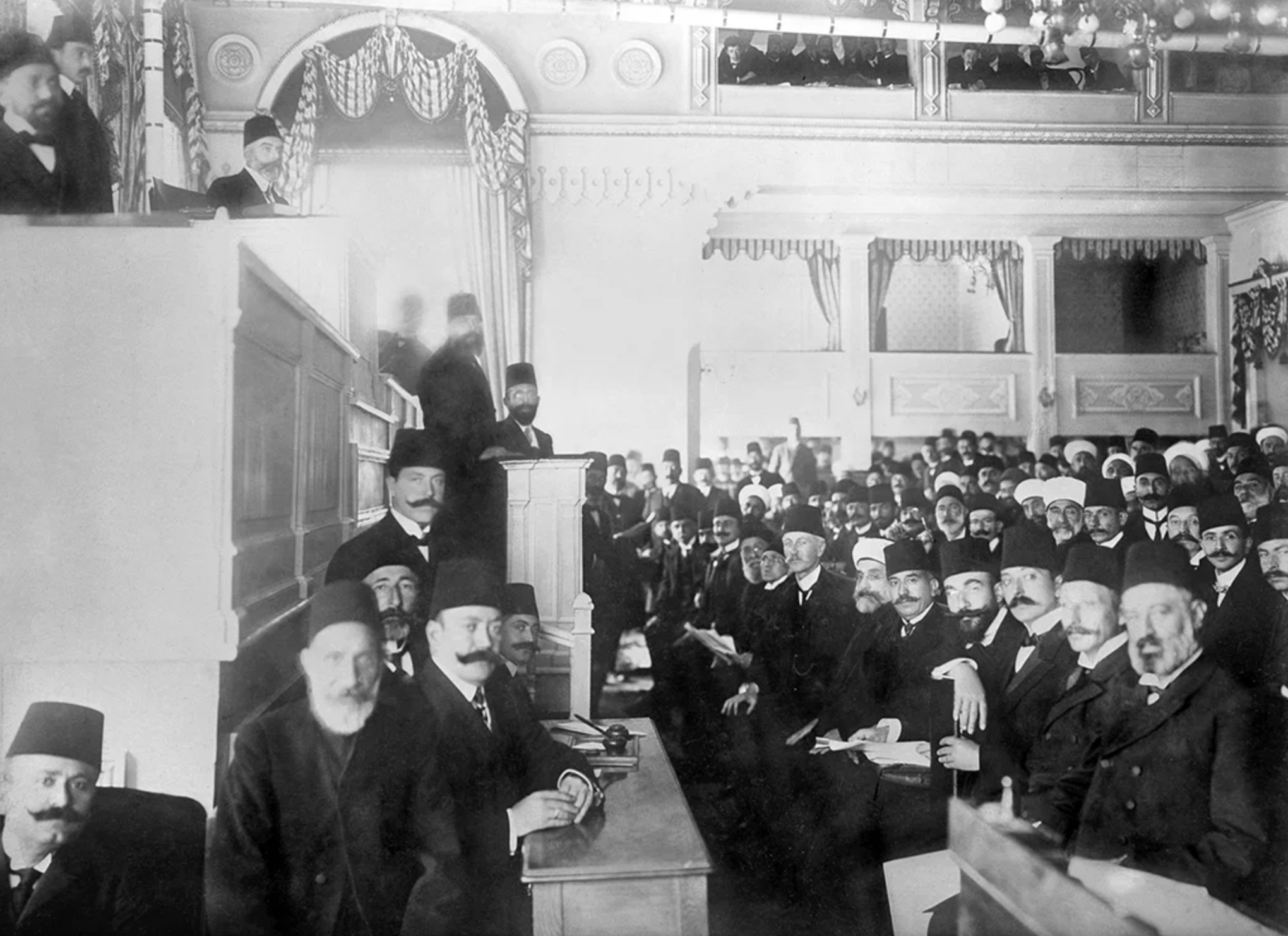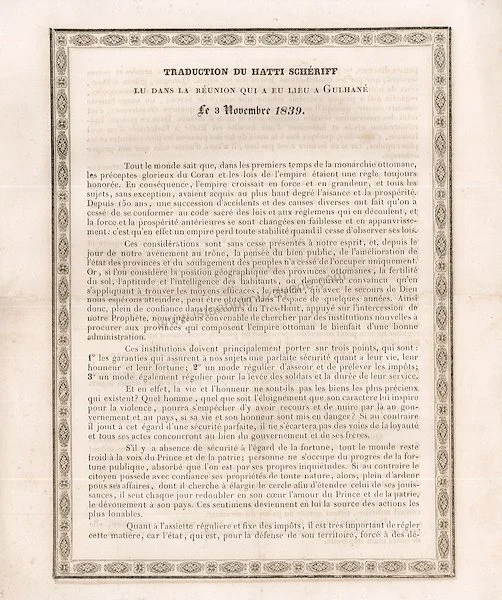Muslim Political Ethics
and Covenantal Pluralism
Reimagining Equality in the Late Ottoman Experience
Centering the late Ottoman experience, this project seeks to provide a historical response to the modern crisis in Muslim political ethics. The 19th-century Ottoman state undertook constitutional and legal reforms to manage its religious and ethnic diversity through a multi-layered order. Although often read as steps toward inevitable secularization, this project reinterprets those transformations through Islamic concepts and ethical frameworks.
Supported by the Templeton Religion Trust, the research is grounded in extensive archival work across Ottoman Turkish, Arabic, Greek, Hebrew, and Albanian sources. Through court records, parliamentary minutes, periodicals, and intellectual texts, the project re-examines how concepts like justice, consultation, and order shaped the political imagination of the time.
Framed under the concept of covenantal pluralism, the project aims to generate both theoretical insights and practical frameworks applicable to modern multi-faith societies. Its ultimate goal is to rethink the Islamic political tradition as a viable foundation for alternative approaches to political ethics.


